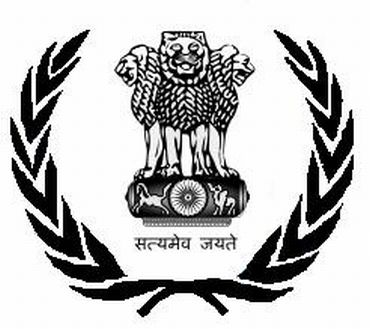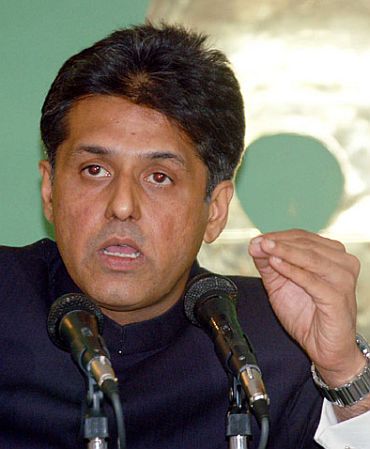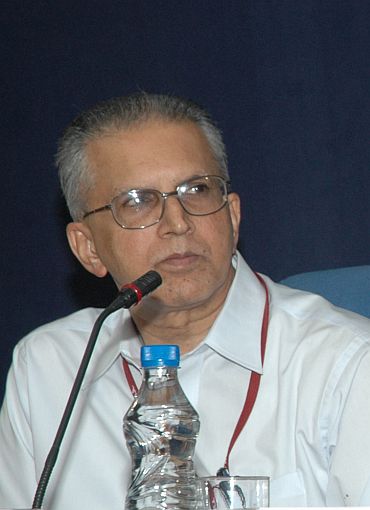A Delhi Correspondent
The United Progressive Alliance government has decided to make its intelligence agencies accountable to Parliament for scrutiny in the wake of several goof-ups, failures and misuse of the unlimited funds placed at their disposal.
Rampant corruption in the National Technical Research Organisation, a spy agency created for cyber espionage, that was unearthed by the Comptroller and Auditor General led Prime Minister Manmohan Singh to order a specific law to bring all eight intelligence agencies under scrutiny.
...
Corruption in IB, RAW: How govt plans to tackle it
They are not open to the CAG scrutiny and hence there were lot of protests when the previous NSA M K Narayanan sought special audit of NTRO's finances following allegations of wasted funds. The proposed bill will make their audit by CAG mandatory.
G K Pillai, who retired as home secretary a month ago, told a seminar in New Delhi that "there is a consensus at the official level in the government on the need for such a legislation and I am hopeful that it will be done."
Corruption in IB, RAW: How govt plans to tackle it
Manish Tewari, the Congress MP and party spokesman, introduced a private member's bill titled 'The Intelligence Services (Powers and Regulation) Bill, 2011' in the Lok Sabha in the last session.
He was also present at the seminar on 'Enabling Intelligence in India: Autonomy, Accountability and Oversight', organised by independent Observer Research Foundation.
Much to his surprise, Pillai addressed him directly: "I can assure you that your Bill is not forgotten or put under the table. There may be some red-tape. But it is being studied."
Sources in the Home Ministry said in case Tewari's Bill comes up for discussion during the upcoming monsoon session, Home Minister P Chidambaram will be urging him to withdraw it as the government is itself coming up with own legislation.
Corruption in IB, RAW: How govt plans to tackle it
"We have to take note of the characteristics of our society, etc.," he remarked.
He also criticised the downsizing of the government, as introduced by then Revenue Secetary Geeta Krishnan as part of administrative reform in 90s. "This mindless downsizing (of the Government) was the biggest mistake we have done, the biggest mistake in 20 years. It has weakened the Government very badly," he said.
Pillai pointed out that the shrinkage of posts under this downsizing drive has reached to such a disastrous levels that a state now gets just one or two new IPS officer a year and the Home Ministry had to ring alarm bells over an acute shortage of these officers badly affecting the policing work.
He went on to also question millions spent on the fencing of borders, pointing out that it was a political decision that will not stop infiltration. People would continue to come in search of greener pastures, he said, pointing out that even the powerful United States failed to stop infiltration from Mexico despite using all its powers and technology.
Corruption in IB, RAW: How govt plans to tackle it
Explaining the rationale behind his private member Bill, Manish Tewari said an oversight mechanism outside the government was necessary to infuse professionalism and accountability among the agencies.
Attempting to allay fears of the intelligence community, Tewari pointed out that institutions like CIA and FBI worked efficiently in the US where there is such Congressional oversight.
He also gave the examples of Russia, Germany and Japan where such mechanisms have not affected the functioning of the intelligence agencies.






article